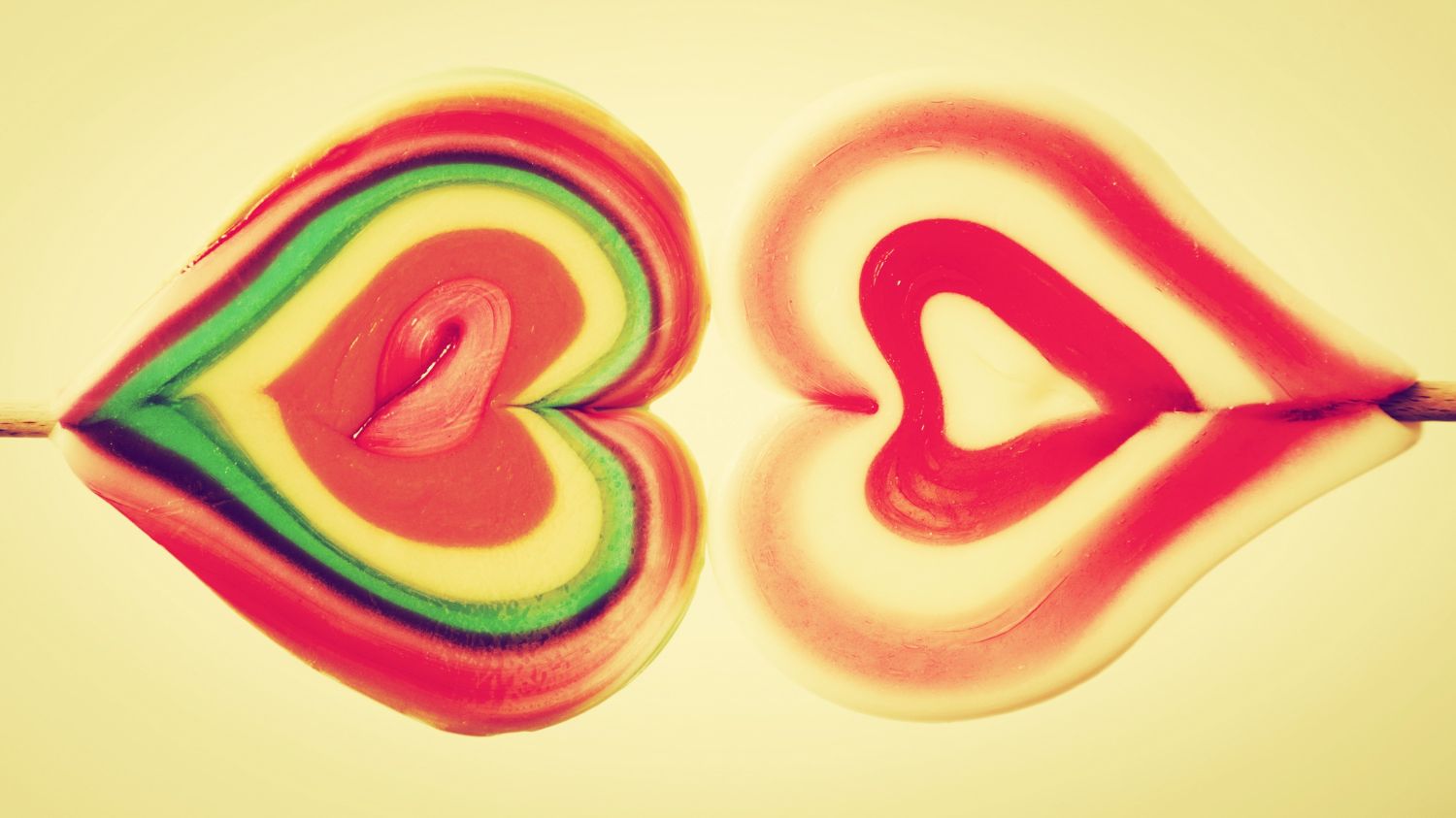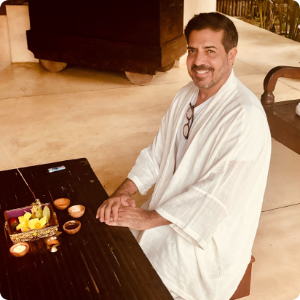Welcoming More Love into Our Lives
Sep 09, 2025
As we begin this conversation about love, I want to start with a wonderful quote from Maya Angelou: “Love recognizes no barriers. It jumps hurdles, leaps fences, penetrates walls to arrive at its destination, full of hope.”
And I think as we go into this inquiry, we're going to realize that this notion she's talking about here really transcends romantic love and extends to all kinds of love and how love kind of shows up in our lives. So whenever I say “love” I hope you'll hear it as “love and affinity,” so it can include everything from your partner to your colleague at work.
We’ve previously discussed fear in a very powerful way and given that we're addressing love I wanted to bring the two together. Certainly we've all heard that fear is the opposite of love, but I wanted to break that down a little further and show the mechanics of that. Because it's not as obvious for many people, right?
A lot of times people say, “well, the opposite of love is hate,” or something like that. So what's really happening when we think about fear and love as being on opposite sides of a choice?
Well, anytime there's fear present, we tend to contract – whether physically or emotionally. And that retreating causes some kind of separation.
So when we look at love, what does that look like in our lives in the world? It tends to show up every time there's unity.
It is very difficult to experience love when there's no unity. It follows, then, that if fear is manifested through separation, and unity is associated with love, clearly we can see fear and love sitting on opposite sides of that choice spectrum. So for me, this gives a lot more clarity to how fear and love are operating constantly in our experiences with consciousness, with others, with things, with the world.
“Love” is one of the most overused words in the lexicon. We use it in a million different ways, from referring to the people we actually do love to something as simple as ice cream.
We extend it to everything. And what's underlying that is trying to express some experience that contains some kind of momentary joy to it.
But taking ice cream as an example, what we're really saying is something like, “oh, this makes me feel like a child again.”
Maybe we'd say, “Oh, the sweetness brings out hormones and dopamine that kind of flood my body and my system. And that gives me this incredible uplift of energy.” That's actually what is happening physiologically, yet it becomes quite tedious to express all that. So we shorthand it and just say, “I love ice cream.”
And while it's absolutely fine to do that, it's also nice to be able to articulate what's underneath our experience and not just default to a lazy expression of what’s going on for us.
“I love this piece of music.”
“I love this kind of food.”
Well, why do we love it? What's going on underneath? What's the origin of that joy? What is it giving us and what's the interaction?
So I approached this expansive topic of love by asking myself, “How do I understand the levers of love?” Because a lot of times we feel like we're just at the whim of love. Like love just happens in some magical way, right?
I wanted to create a bit more empowerment when it came to our agency with love. I don't want to say control of love, but more like, how do we actually create love where we want to?
How do we understand when it seems to be diminishing? How do we see that and bring it into our awareness? And then what can we do about it to reverse the diminishing and actually increase love?
I think of it mechanically, like the levers of this incredible phenomenon called love. And that’s the mindset I’ll be approaching this inquiry with.
What does love look like in your life? What are some of the questions you have about love that you’re hoping this discussion will address for you?
What lights you up about love?


